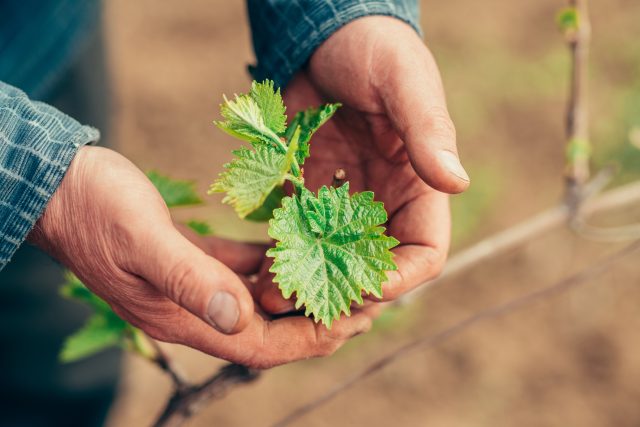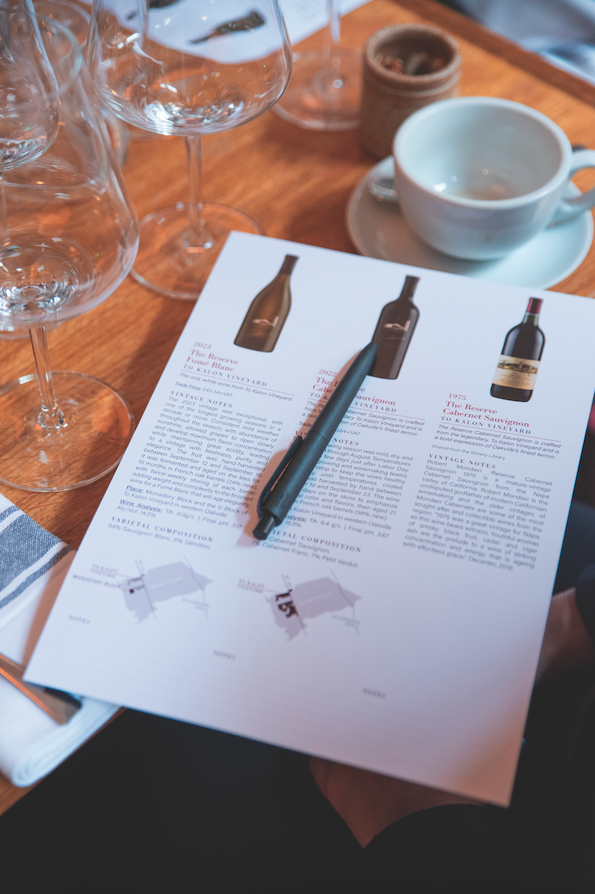Emiliana gains international regenerative agriculture accreditation
Viña Emiliana has become the first Chilean company to achieve Regenerative Organic Certified (ROC) status.

Joining the likes of clothing brand Patagonia and food producer Nature’s Path, Emiliana had to meet various standards of soil health, animal welfare and social equity in order to be granted ROC status by the Regenerative Organic Alliance (ROA). Additionally, for that to happen, the company first had to have the organic certification from the US Department of Agriculture (USDA), and the Fair-Trade certification.
Sebastián Tramón, the winery’s sustainability manager, said: “At Emiliana we believe that the commitments to sustainability must be certified and credited. We want to tell the world that we are doing regenerative organic agriculture and therefore we turned to ROC. What we do is real and it adjusts to strict standards; we do not lend ourselves to image washing or greenwashing, which means an ongoing commitment to organic agriculture acquired 25 years ago.”
Partner Content
“We are the biggest organic winery on the planet to have this certification, allowing us to focus on what is really important and which relates to soil management, how people are treated, and the conditions in which the collaborators participate,” continued Tramón.
Viña Emiliana currently has vineyards in the valleys of Limarí, Casablanca, Colchagua, Cachapoal, Maipo and Bío-Bío, with 738 hectares now recognised with ROC accreditation. It launched its first organic wines, Coyam and Novas, onto the market in 2003. In 2012, the company won Green Winery of the Year at the drinks business‘ Green Awards.
Emiliana’s 57 Rocas has also been recognised by db as one of the 10 best Carmenères from Chile. To read the full list, click here.
Related news
VIK expands its WineLAB initiative to celebrate emerging talent
10 years of Tayu: Inside Chile’s most unique grower–winery collaboration




